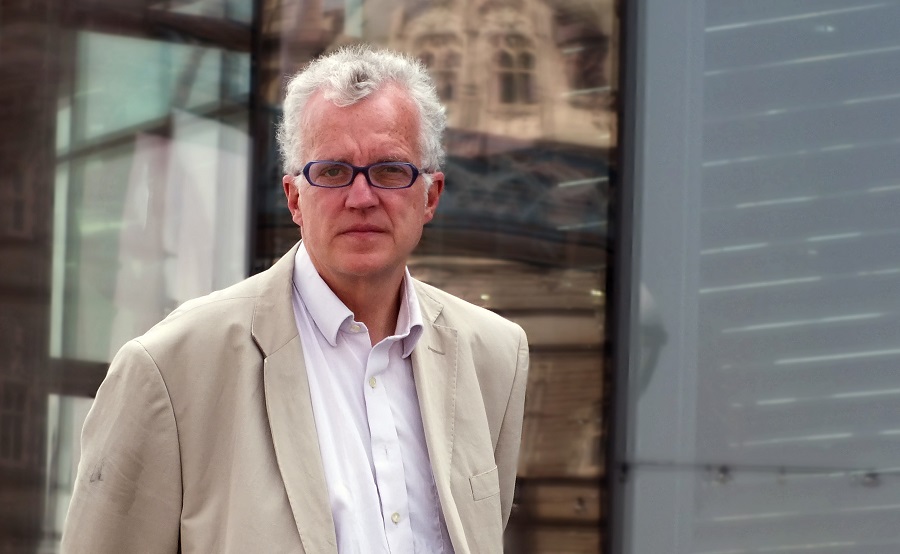There is no doubt that the BTP was transformed under Ian Johnston’s tenure. It had been a real backwater of policing, earning little respect within the rail industry and none outside it. Now it is seen as a modern police force and its strength is shown by the fact that it survived a series of reviews by various parts of the government – at one time it seemed like an annual event rather like the opening of the shooting season – not only unscathed but with a recognition that its increased budget was totally justified.
However, the new chief, Andy Trotter, faces a different situation than his predecessor. Gone are the days when the cost of paying for the BTP were easily losts in the accounts of train operators who were enjoying consistent and impressive growth of passenger numbers. Instead, the train operators are struggling as illustrated by the collapse of National Express East Coast and losses in other franchises which, so far, are being covered by cross subsidy by the owning groups.
There may not be another review pending, but Chief Constable Trotter will be faced with demands from the operators to, at best, maintain a steady budget or, at worst, to make cuts. Therefore it is vital that he should retain the respect of the operators which his predecessor earnt for the force.
There is no shortage of goodwill. The operators are largely satisfied by the performance of the force and they recognise just how important it is to have a dedicated force for the railway. As one senior source in an operating company put it, ‘every time we have to deal with a Home Office force, we realise how lucky we are to have the BTP. Whenever an incident is declared by a Home Office force, it takes hours to reopen the line because they do not understand the needs of the railway.’
The operators like, too, the fact that the BTP has made considerable efforts recently to establish good relationships on a local basis. In the past too much went through Head Office and policies tended to be set down in stone centrally, but that is no longer the case with local officers now having considerable flexibility over their role.
Certainly, there is no question in the minds of the operators that they want the present arrangements to continue. However, inevitably, there is a ‘but’. The restrictions on spending are going to put a lot of pressure on the relationship between operators and the BTP. In particular, the operators want to ensure that their priorities are aligned.
One source of possible friction is, ironically, the BTP’s recent success in hugely improving its detection rate. There has been a lot of focus in the force on this issue but the operators feel that this could lead to concentrating too much on offences where the detection rate is high. A case in point is the recent drugs operation at Castle Cary for the Glastonbury festival. There were a lot of easy catches there, but drugs is not seen as a major issue for the operators. They are far more concerned with unruly behaviour, drunkeness on trains and assaults on staff, on which they would like to see the BTP focus.
That goes too, for issues which can take up a lot of the force’s time such as organised crime. While many criminals, of course, use the railway to get around the country, that is somewhat out of the force’s purview.
Overall, despite these differences, and there are bound to be some, there is no doubt that the operators are broadly satisfed with the BTP. Nevertheless, Andy Trotter, faces two difficulties in his new position. Not only does he have to match his predecessor’s achievements, but he has to do so in an atmosphere of cutbacks and restricted budgets while satisfying the operators who are ultimately his paymasters. Not easy, but a challenge I know he is happy to face.
